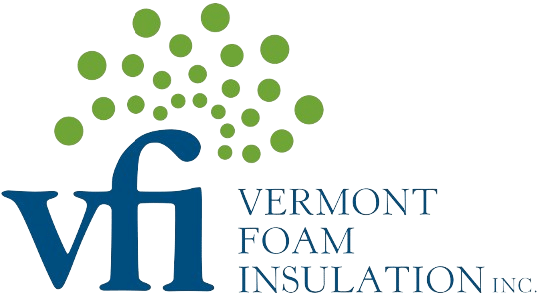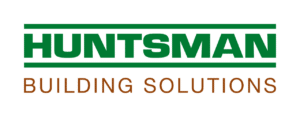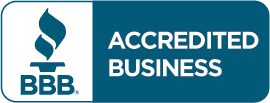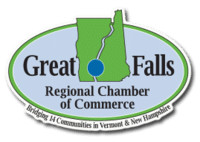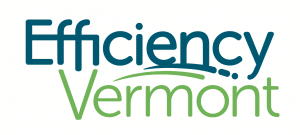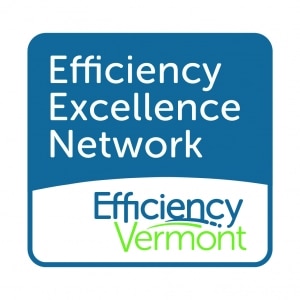Prioritizing energy efficiency is a wise decision when you’re shopping for a new house. Energy efficient houses are exceptionally comfortable, have good indoor air quality, and have less of an impact on the environment. They’re also more affordable to heat and cool, helping you save money every month on your energy bills.
But how do you evaluate a new home for energy efficiency? What features should you look for, and what questions should you ask when running through your home buying checklist?
Vermont Foam Insulation specializes in energy efficiency upgrades for Vermont and New Hampshire homes. We are the premier local insulation contractor and we’ve worked on hundreds of houses to improve energy efficiency and lower costs. Today, we’re going to share the factors we consider to be the most important when buying an energy efficient house.
Insulation
When you’re shopping for a new house, you need to make sure it has an adequate amount of insulation, and that the insulation is in good condition. Some insulation questions for new homes you’ll want to ask include:
-
Is there modern insulation like spray foam in the attic, basement, and walls?
-
What type of insulation is used in the home and where?
-
When was the insulation installed?
-
What is the R-value of the home’s insulation?
Energy efficient houses rely on high-quality insulation to prevent energy loss and keep bills in check. Without the right insulation, your new house will never be completely comfortable and your energy costs will be much higher than they need to be, so make sure you add insulation questions to your home buying checklist!
Air Sealing
Air sealing goes hand and hand with insulation to keep houses comfortable and prevent energy loss.
When homes are built, many different materials are joined together, and small gaps are often created where two materials meet. Openings are also cut in the walls and attic to make room for wiring, plumbing, ductwork, recessed lighting, and more. On their own, these openings are small and relatively insignificant. But together, they create a serious air infiltration problem.
Air leaks allow warm air to seep out of your home in the winter and in during the summer, wasting energy and driving up bills. Because air carries moisture, it can bring water into your home, too, leading to problems like condensation, rot and mold growth.
Air sealing is the process of closing up air leaks to stop unregulated air infiltration. Air sealing is important for energy efficiency and should be a priority when buying an energy efficient home.
Crawl Space
The crawl space is probably the last area a realtor will show you on a home tour, but it’s a place you definitely want to see before buying a new home. Neglected crawl spaces can be a huge source of energy loss in a house, and they can also allow pests, moisture, and air pollutants into your home. When you’re evaluating a new house, make sure you see the crawl space and prioritize homes that have an insulated and encapsulated crawl space!
Energy Audits for New Homes
One of the most important steps on any new home buying checklist is to schedule an energy audit. An energy audit is not included in a typical home inspection, but it’s worth the extra cost to have a professional energy auditor inspect your home for missing or damaged insulation, air leaks, improperly vented combustion appliances, and other factors that impact energy efficiency, energy costs, comfort, and indoor air quality. VFI works with a certified energy auditor to get your new home evaluated.
